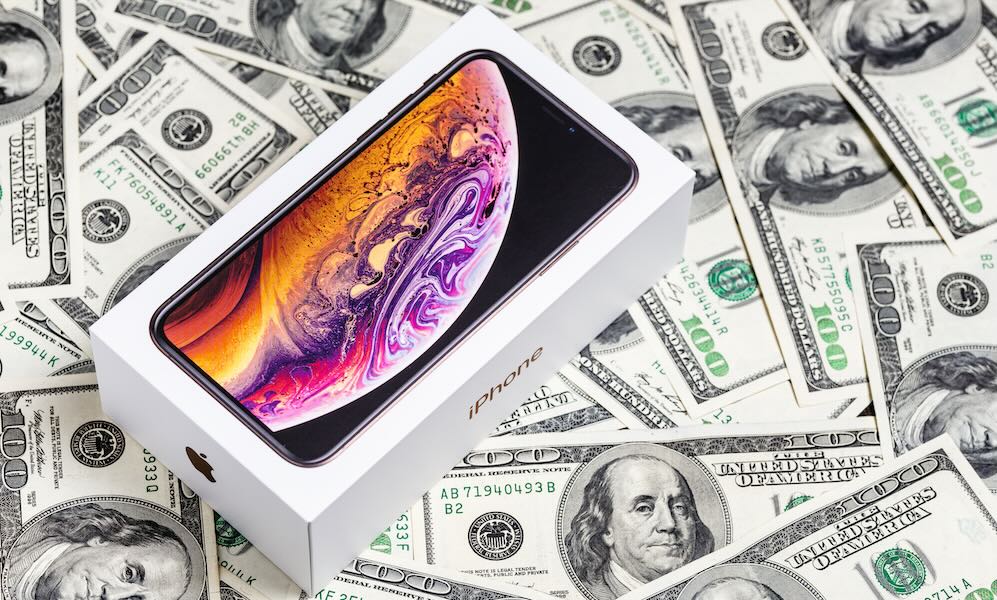Apple Customers Rush to Buy iPhones Due to Fears of Tariff-Fueled Price Hikes
 Credit: Kirill Gorlov / Adobe Stock
Credit: Kirill Gorlov / Adobe Stock
Toggle Dark Mode
New reciprocal tariffs will go into effect Wednesday, April 9, and Apple customers in the United States are quickly buying devices before the prices skyrocket. Bloomberg reports that multiple Apple employees have told it that their stores have been besieged by customers “panic-buying” new iPhones, with one Apple retail worker saying, “Almost every customer asked me if prices were going to go up soon.”
“People are just rushing in worried and asking questions,” another retail employee said.
While the shopping rush at Apple retail stores is not equal to the crowds seen during the launch of a new iPhone, it is reportedly comparable to the traffic the stores see during the holiday season. The report says Apple’s stores have experienced higher sales on April 5 and 6 than they have in any prior year during the same time of year.
Apple has yet to provide any guidance to retail employees on what they should tell customers about the possibility and timing of price hikes.
Shoppers may be overreacting, at least for the short term. As we reported earlier today, Apple has taken steps to mitigate the enormous price hikes expected when President Trump’s tariff kicks in for products imported into the US from other countries, with exceptionally high tariffs to be placed on products imported from China.
During the final week of March, Apple flew five planes full of iPhones and other Apple devices from India into the United States while also increasing shipments from China, even though this time of year is traditionally a slow time. The reserves Apple has created in US warehouses could last for several months, allowing them to avoid price increases in the short term while making plans for when the hoarded supply eventually runs out.
By importing more iPhones from India, Apple will pay a lower tariff than those it brings into the US from China. Apple has to pay a 26 percent tariff on goods from India, but China’s rate is 54 percent (although that could jump even more). It is believed that Apple could meet as much as 50 percent of the US iPhone demand by importing Indian-assembled iPhones.
Over the last few years, Apple has shifted more of its production to Vietnam, which will also be hit with a lower tariff than China. The company assembles Apple Watches, Macs, AirPods, and iPads in Vietnam. It also assembles portions of its Mac lineup in Ireland, Thailand, and Malaysia.
Apple stock has suffered since last Wednesday. The company’s valuation plunged by more than half a trillion dollars during the last two trading days of last week. The stock has experienced its worst three-day plunge since the dot-com bubble burst in 2001.
While Apple has declined to comment about the tariffs, the company will hold a quarterly earnings call on May 1, when Chief Executive Officer Tim Cook and Chief Financial Officer Kevan Parekh will have an opportunity to discuss the effect of the expected tariff increase. During the holiday-quarter conference call, Cook said the company was assessing the impact but did not comment further.







